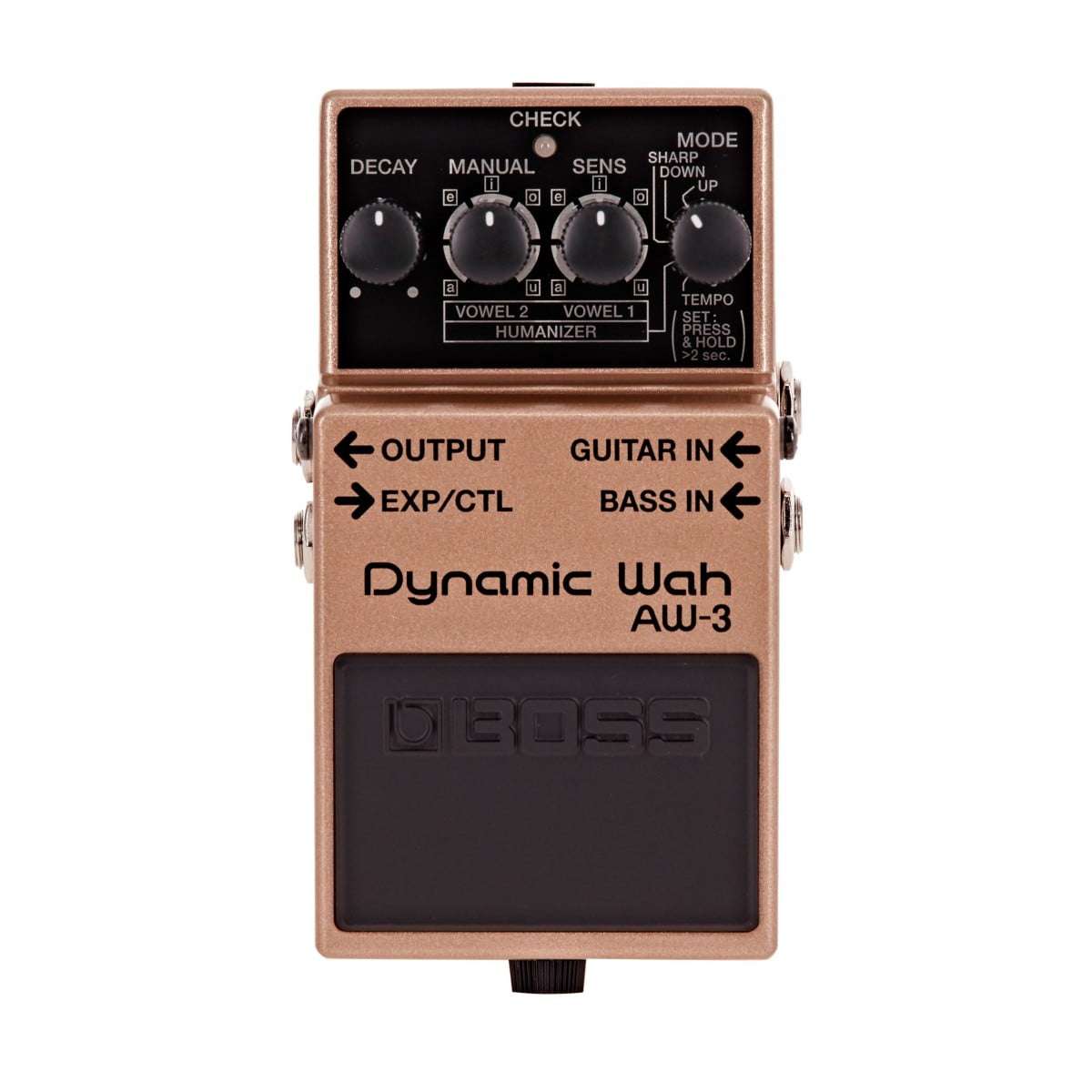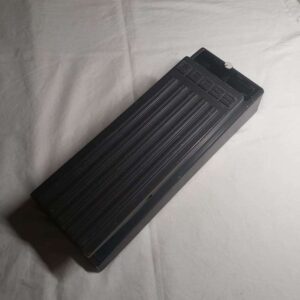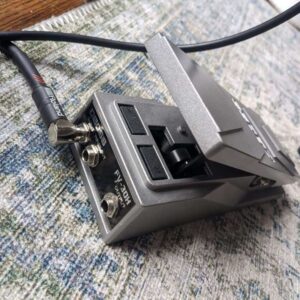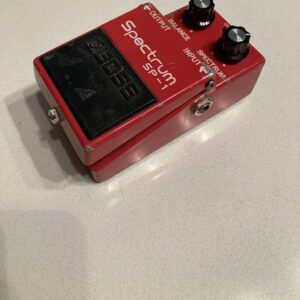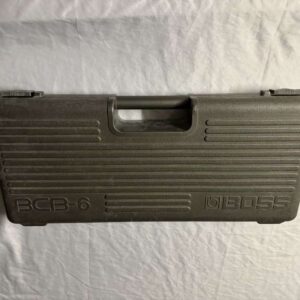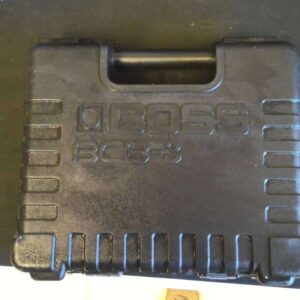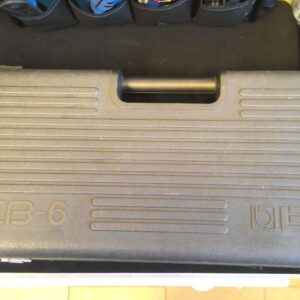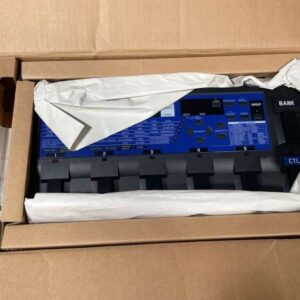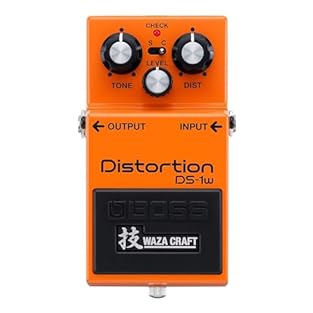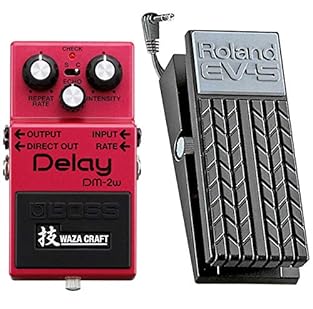Description
The Boss AW-3 Dynamic Wah Pedal is in New condition and made by Boss , it is a great Wah EQ Bass Guitar Effect Pedal- The Boss AW-3 Dynamic Wah Pedal delivers a wide variety of classic and dynamic wah effects to enhance your performance. The AW-3 is also equipped with a unique Humanizer mode offering a human voice-type vowel sound for creating stunning and captivating soundscapes Classic up and down wah effects are also included along with a resonant synth-like sharp wah. Tap mode allows you to set the wah with the pedal control or deliver a fixed rate via the manual control. A dedicated bass input allows any bassist to infuse their sound with a funky wah while the EXP/CTL input offers external control over the wah with an expression pedal for the maximum creative output making this pedal perfect for live performance. . Available from Just Pedals for only £ 129 Sonically versatile The Boss AW-3 Dynamic Wah is designed in the classic Boss stompbox format creating a durable dynamic and compact product which creates a variety of classic wah effects. Whats more this pedal will work with you to get the best out of your sound as it is highly responsive to the dynamics of your playing. The versatile range of wah sounds produced by this pedal will provide variable effects based on your picking strength. The Humanizer effect creates a human type voice for an additionally unique feature that you wont find on the regular wah – helping you elevate your performance further. Highly connectable The Boss AW-3 Dynamic is also fully compatible with bass guitar and will provide players with funkadelic wah sounds through the dedicated bass input for processing the four string beasts. An additional EXP pedal mode allows wah control via optional expression pedal. With the AW-3 the power is beneath your feet – and your creative control is truly boundless. You can utilize the tap tempo mode to set the tempo for pedal control or for at a fixed rate of wah via the manual mode. Specifications General Nominal Input Level: -20 dBu Input Impedance: 1 Mohm Nominal Output Level: -20 dBu Output Impedance: 1 kohm Recommended Load Impedance: 10 kohms or Greater Bypass: Buffered Controls: Mode Sens Manual Decay Pedal Switch Indicator: Check Indicator Connectors: Guitar Input Bass Input Output EXP/CTL DC Input Power Supply: Carbon-Zinc Battery (9 V 6F22) or Alkaline Battery (9 V 6LR61) AC Adaptor (PSA Series: Sold Separately) Current Draw: 40 mA Expected Battery Life Under Continuous Use: Carbon: Approx. 2 Hours Alkaline: Approx. 10 Hours Accessories: Owners Manual Leaflets Carbon-Zinc Battery (9 V 6F22) Dimensions Width: 2.875’’ (73 mm) Depth: 5.125’’ (129 mm) Height: 2.375’’ (59 mm) Weight: 0.42kg (15oz)
